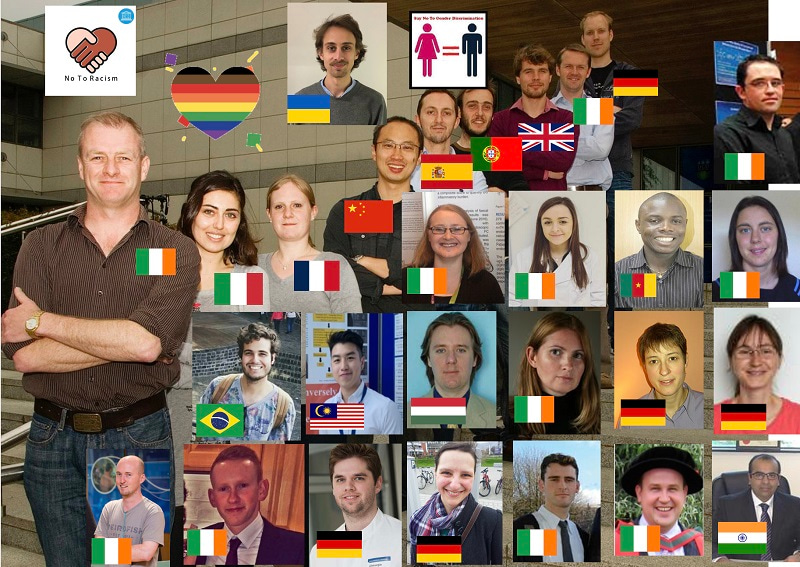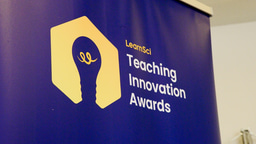Guiding principles for PhD supervision

In my 23 years of being leading principal investigator (PI) in an academic research lab, I have been primary supervisor and mentor to 23 PhD students and co-supervisor for 5 more. It is perhaps the proudest achievement of my career that all of these students were successful in completing their PhDs on time, publishing their work in reputable outlets and are all in gainful employment, for the most part still working in scientific research in academia, medicine or industry. Most importantly, the experience was enjoyable both for them and for me. I state this not out of vanity but to comfort the reader of this article that I am coming from a point of view of practical experience rather than theoretical conjecture.
I myself was the fortunate recipient of outstanding PhD supervision and postdoctoral mentorship and as such was at least somewhat prepared for the monumental and solemn challenge of supervising a PhD student myself. Having said this, few of the skills which train us to supervise PhD students are taught during our own PhDs or postdocs. Consequently, new principal Investigators often find themselves at sea when put in a position where they must deal with the challenge of effective PhD supervision. During my time as a supervisor I have learned through my successes and failures how to be a better supervisor and in this article, I wanted to outline the simple guiding principles I have developed which I hope to be of use to new and indeed established PIs who are interested in developing their supervisory skills. I truly believe that better PhD supervision should be a goal for all investigators both for the sake of our own satisfaction with our work, our research and most importantly, our PhD students.
PhD supervision is a privilege
When an intelligent and motivated young person decides to dedicate four years of their formative training to one’s supervision and mentorship (usually for very little monetary benefit), I believe it is essential for a PI to recognize the magnitude of the responsibility they have taken on. It is a privilege and an honor to have such trust placed in us as PIs and it should be recognised as such.
Your students are your greatest legacy
As I am now well-ensconced in my middle years, I am in no doubt whatsoever that our true legacy resides in the people who we educate, train and mentor. It is their success which will give us our greatest satisfaction when reflecting on our professional life and careers so it serves us well to remember this when involved in the act of supervision.
Constant communication is critical
PhD students are first and foremost people and require constant communication, encouragement and constructive criticism. Frustrations in the supervisor-student relationship are usually mapped back to a breakdown in communication between the two. PIs need to be able to actively listen to their graduate students as well as educate them.
Not all PhDs are created equal
PhDs are for the most part binary degrees, either you have one or you don’t. However, the quality of the education gained and the outputs produced are far from being binary. PhD work should be published in reputable venues for the sake of both the PhD student and the PI. It is our responsibility to provide the best possible level of training to our students.
Good PhD student selection is key
Personality match is as important (if not more so) than things that can be learned. Might be good to do a test, like a summer project, etc.
Diversity is a strength
I have had the pleasure of supervising students from all over the world and of all races, genders and persuasions. I cannot state strongly enough how I believe such diversity to be not only key to a vibrant lab culture but also to benefitting the research by providing multiple often different viewpoints.
Keep the student at the centre
Finally, and most importantly, if the student is kept at the centre of the enterprise rather than the project, then as a PI one cannot go far wrong!!

Photo by Cormac Taylor.





Join the FEBS Network today
Joining the FEBS Network’s molecular life sciences community enables you to access special content on the site, present your profile, 'follow' contributors, 'comment' on and 'like' content, post your own content, and set up a tailored email digest for updates.
Very informative article! I am looking to find my first PhD student - it is a privilege, and I hope to use the informed strategy as you have outlined in my hiring process.